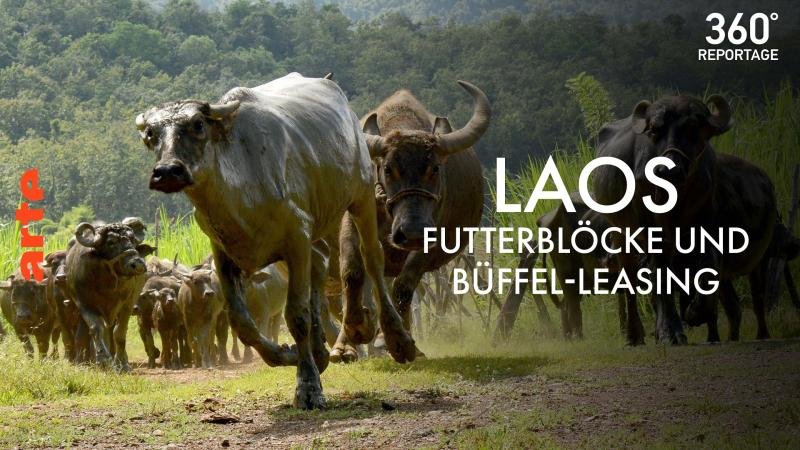
NEWS
Cambodia to study buffalo milk to solve nutritional deficiency in children
Laos Buffalo Dairy was called in to conduct a buffalo feasibility study in Cambodia in order to help give options for solving the nutritional deficiency in children.
In Laos, Two Businesses are Building a Dairy Sector One Buffalo at a Time
Not so long ago, a commercial dairy industry in Laos was virtually non-existent. In a country with more than 700,000 buffalo and where 35 per centof children are chronically malnourished, a thriving dairy sector could provide both family income and essential nutritional benefits. The question was: where to start?
Building a Dairy Sector in Laos from the Ground Up
Recognising the market potential, Susie Martin established Laos Buffalo Dairy (LBD) in Laos’s northern Luang Prabang region in 2016. Since launching, LBD has improved buffalo health, influenced dietary practices, and made buffalo dairies a viable commercial operation for smallholder farmers – including rural women. Farmers rent their female buffalo to the dairy for milking.
“The biggest challenge we had in the beginning was gaining the trust of the farmers,” says Martin, LBD Co-founder and entrepreneur. “We needed to demonstrate how better care could benefit their buffalo and their family income. Farmers were reluctant to rent us their pregnant buffalo. With a wet season and torrential downpours, reaching and transporting buffalo that farmers had agreed to rent us was – and remains – a huge challenge.”
Through a partnership established by the Australian Government’s Business Partnerships Platform (BPP), an initiative supporting inclusive businesses to create both development impact and sustainable commercial returns, LBD has scaled up operations. The partnership brings together LBD, the Northern Agriculture College, the Luang Prabang Provincial Health Department, and the Australian Government to reach more remote villages, expand the network of farmers and further promote the benefits of buffalo milk.
According to Martin, the dairy is driving positive change for Laos communities. “The most significant change is in the attitudes of the farmers with whom we work,” she says. “With the trust that [we] developed, we noticed that farmers were prepared to go further and learn about how they could milk their own buffalo and use the milk to help their children become healthier.”
But COVID-19 has brought on its own new challenges for LBD. As a tourism-dependent enterprise, the dairy sells much of its produce to local resorts and has been forced to adapt and adjust its model, including increased focus on international export markets such as Japan and Europe. The Australian Government’s Department of Foreign Affairs and Trade has been flexible and responsive to the business needs, and Martin remains hopeful. “We have appreciated the collaborative approach and navigating challenges together. We have big plans and hope to reach many more communities.”



